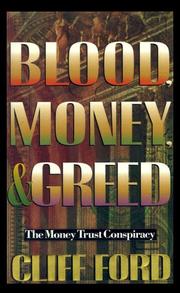Excerpt:
"Given the multi-religious and multi-ethnic nature of America, not only Catholics but also Jews, Protestants, Muslims, and members of other faiths and faith will be monitoring his comments on inter-religious relations. They generally perceive Benedict taking a more conservative approach to relations than John Paul II. To them, Benedict gives mixed messages. On the one hand the Pope reiterates positive Catholic teachings on inter-religious relations, delivered at warm personal meetings with religious leaders. On the other, he affirms conservative theological interpretations in statements and official documents that Protestants, Orthodox Christians, Jews, Muslims and others find offensive.
The most prominent example of this vacillation involves Catholic-Muslim relations. Historically, the Vatican, especially through its Pontifical Council for Interreligious Dialogue, has been a pioneer in Catholic-Muslim relations. From Pope Paul VI to John Paul II, Catholics and Muslims have engaged in international dialogue and made common cause on issues of mutual concern at major international conferences in Cairo and China.
However, Benedict’s more conservative retreat became clear in an international uproar after his Regensberg lecture whose primary topic, the relationship between faith and reason, was completely overshadowed by reactions to four paragraphs about Islam. Two incorrect assertions regarding the Prophet Muhammad and the Quran’s relationship to violence and “holy war” resulted in an international protest across the Muslim world. The Pope’s subsequent visit to Turkey helped to calm matters".










No comments:
Post a Comment